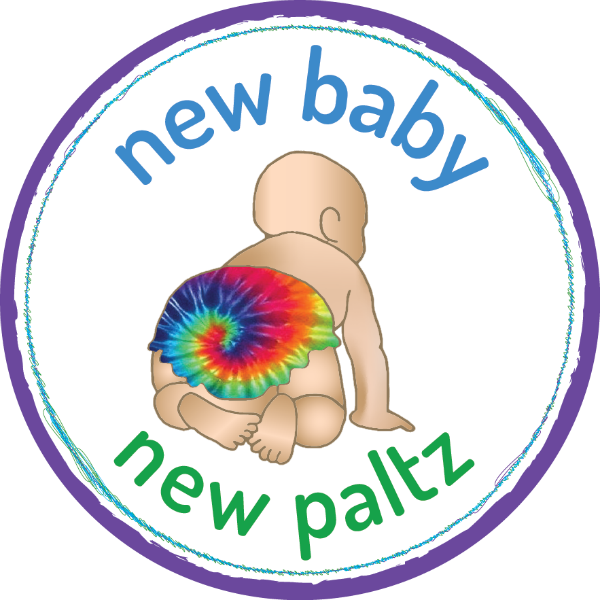
Teething, Biting & Being Mean
"All I want for Christmas is my two front teeth..."
It was a wonderful and exciting day when I lost my first baby tooth!
The entire class gathered round to see the tooth. To stare at the bloody gap. To speculate how much the tooth fairy would leave. I think I got a dime per tooth. And, for some crusty first graders, to completely deny the existence of The Tooth Fairy. No!!!
The excitement passed hands within a day or so, as another classmate took center stage with a tooth falling out.
It was one thing to be the bloodied master of my own destiny, yanking my tooth out of its socket, triumphantly holding it in my fingers, going to the nurse's office and coming back with a small brown envelope and a bloody gauze square!
It was another to be in the middle of the pumpkin-toothed masses with big gaps and even bigger teeth crookedly making their way front and center. When that happened, I remember becoming acutely self-conscious. I yearned for my beautifully aligned, small, perfect, baby teeth.
But, growing up doesn't work that way. It was the end of one era and the beginning of another.
Whether for a 6 month old or a 6 year old, two front teeth are a perfect gift!
Teeth are wonderfully useful things to have, to use and to look at. Teeth make possible a whole new way of eating, relating to the world and, of course, change a baby's looks dramatically.
The process of teething requires patience and understanding.
Teething is often uncomfortable, or painful, and when we have a painful spot, our instinct is to apply pressure. That is exactly what babies do. And it is not only to their fist and fingers but to mama's breast, daddy's shoulder or brother's fingers.
It often results in the first act of discipline that a child experiences.
One idea I often hear regarding biting is this: Babies are evil and they like to inflict pain on you. This couldn't be further from the truth!
What they do love is surprises. When they bite and see you react, your face changes dramatically and your exclamation is not what they usually hear. They laugh with surprise at the reaction that they are getting! Then they repeat the bite to test their hypothesis that the bite is what caused this dramatic reaction.
Prolonging the agony.
Because of this misunderstanding, a number of parents are dramatic or harsh when their baby bites. Understandably, who would desire a baby who delighted in cruelty? But these dramatic responses may actually prolong their baby's biting experiments, because the baby is looking for a pattern of reaction and in their minds, the bigger, the better!
So, then, what to do?
A respectful way to handle baby bites is try to decipher the pattern of biting, anticipate the bites, and then avoid them. If baby does land a bite, try to stay calm, tell them simply, "No biting mommy, bite this." redirecting them with something they CAN chew on - a frozen cloth, a wooden or silicone teether or a snack.
Some parents put the baby down and walk away. The danger of doing this is that it may compound the problem. A baby doesn't realize he's done anything wrong! He's just doing what babies do and now he's been abandoned, as well.
Stay connected.
A kind way to keep out of harm's way, yet connected and communicating correct behavior is to keep the baby on your lap and face them out while putting a teether in their mouth or hand.
As with any discipline, practice makes perfect! And, with 20 teeth to practice on, it is inevitable that you will find a way that works best for you and your baby.
Toddlers who bite are another 'beast' altogether and I will talk about them next week.
Share
